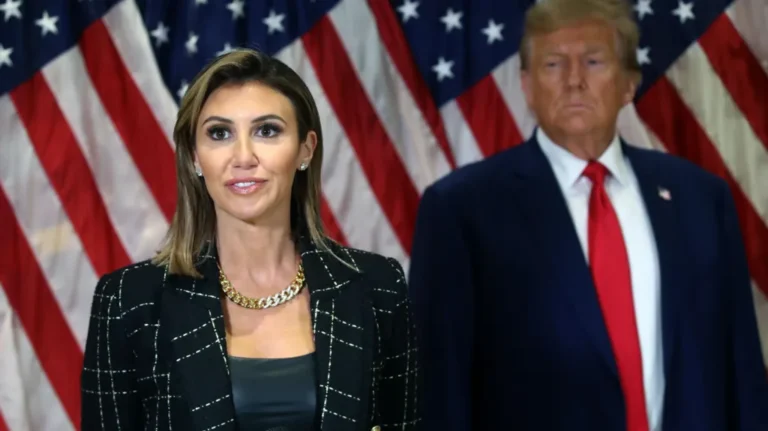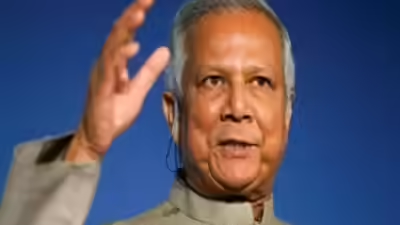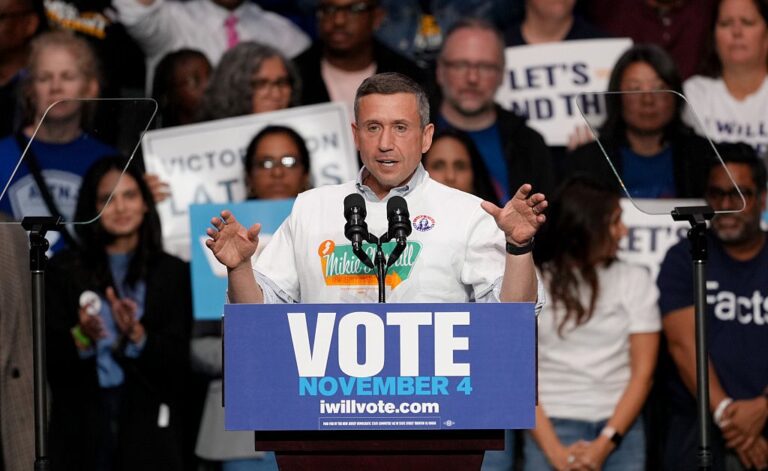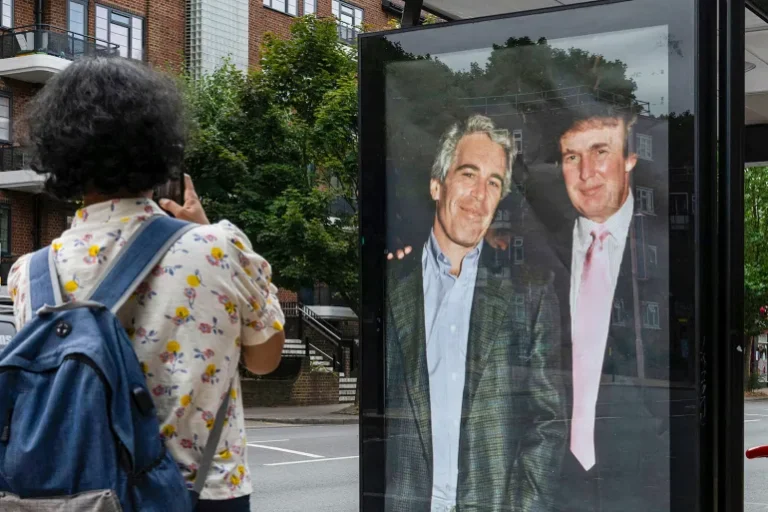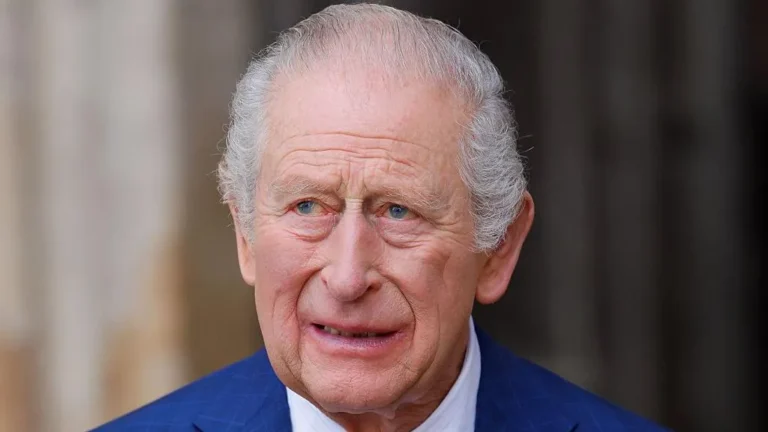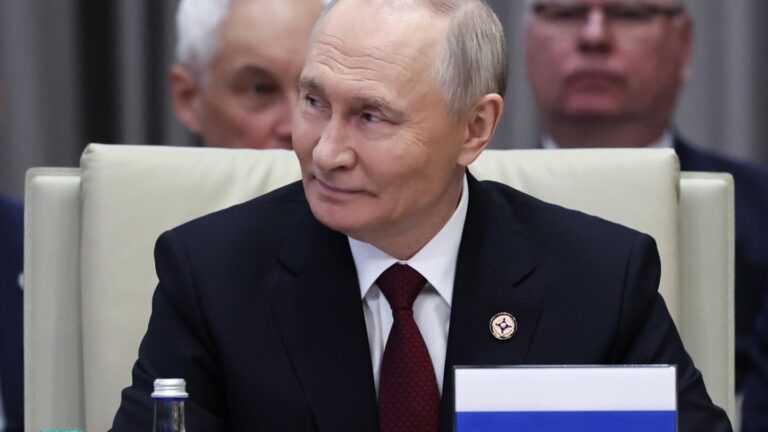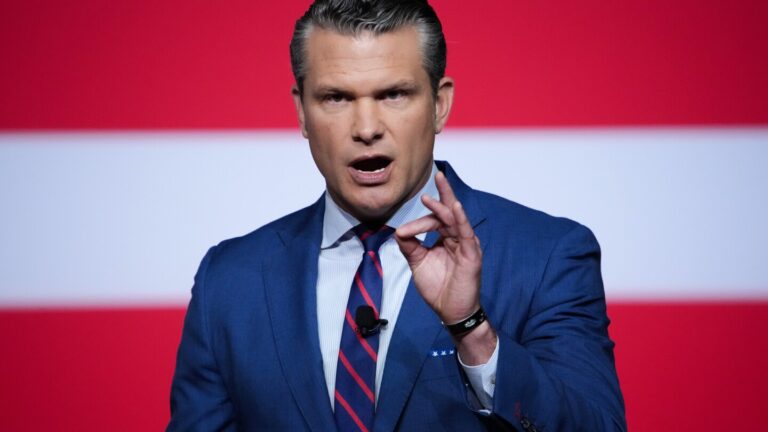
Election Unrest Erupts Across Cameroon
At least two people have died and dozens more detained as Cameroon experiences a wave of unrest amid preliminary results from the October presidential elections, which indicate a likely victory for 92-year-old incumbent Paul Biya. Biya, in power since 1982 and leader of the Cameroon People’s Democratic Movement (CPDM), is the world’s longest-serving head of state.
Reports from local media, citing the electoral commission Elecam, show Biya leading, provoking anger among opposition supporters. Opposition leader Issa Tchiroma Bakary, head of the Cameroon National Salvation Front, has claimed he won 54.8% of the vote, accusing the Constitutional Council of manipulating results. The council has dismissed 10 petitions challenging the vote, deepening public distrust ahead of the official announcement scheduled for October 27.
Violent Clashes and Government Response
Protests turned violent in multiple cities. In Garoua, Tchiroma’s northern stronghold, security forces used teargas against demonstrators, leaving a teacher dead from stray bullets. Demonstrations in the capital, Yaoundé, were quickly dispersed. In Maroua, citizens expressed frustration over poverty and political exclusion, warning of escalating unrest if their concerns are ignored.
ALSO READ: Zohran Mamdani Leads as Early Voting Opens in High-Stakes New York Mayoral Election
Authorities have arrested over 20 protesters, who are to face trial in a military tribunal on charges including incitement to rebellion and insurrection, according to Paul Atanga Nji, Minister of Territorial Administration. Internet disruptions in Douala and other regions were reported, attributed by state operator Camtel to “technical incidents” involving the Wacs cable.
The National Episcopal Conference of Cameroon called for calm, urging citizens to maintain peace and stability. Archbishop Andrew Fuanya Nkea emphasized the importance of truth and collective commitment for the country’s future.
The unrest underscores mounting tensions in Cameroon, where political opposition, public dissatisfaction, and concerns over election transparency continue to fuel conflict.

